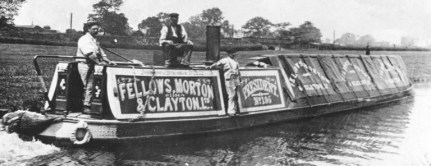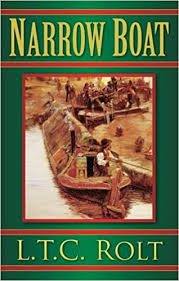
I took a trip along the river to Millwall yesterday, actually planning to ride the Thames Clipper with Teo and Sam to the little-used Masthouse Terrace pier and then walk up to Mudchute Farm to feed old carrot batons to the sheep. We did manage all that – and more – and the children enjoyed the boat ride, as they always do. We even nabbed the port quarter seats and Teo got to watch the ‘man doing the boat-rope’, which is her highlight of any river trip.
But while checking the route on Wednesday evening, I spotted that we’d pass a very special guest moored at Greenwich, just opposite where we planned to disembark: none other than Boaty McBoatface herself – the British Antarctic Survey’s Sir David Attenborough.
What a beautiful big red beast she is! She looks like a playmobil toy for giants: cranes, hatches, turny bits, derricks, radar shrouds, seven decks tall (looking like eleven stories or so alongside the flats on Greenwich wharf) and a fabulous crow’s nest / whale-spotting post out the front. I can just see an ice-spotter muffled in some chunky Snow Goose parka featured in the next BBC Frozen World II under helicopter shot.

I found myself getting very excited and did my best to share the enthusiasm with Teo (two and a quarter) and Sam (nine months). Perhaps one day we’ll all be aboard her, I told them. Maybe you’ll be working as an animal specialist and I’ll visit you. Maybe we’ll see the ice together…
Just to make the appeal stronger, she (the ship) has the home port Port Stanley – Falkland Islands emblazoned on the stern. The Falklands have to be one of my most-desired spots in the world to see – I have very few – and I once did fairly well in interviewing for a teaching job there. But life turned another way and Teo and Dam are the result of that.
Still, I felt like if there had been an invitation, Teo, Sam and I could have swung aboard up some boarding netting, taking hot flask, nappies and snacks, abandoning the mundane double buggy aboard the clipper and happily stayed aboard this fabulous vessel until she next docked in the Falklands, next stop, the ice of the Antarctic! I recognised the glamour of adventure and, nowadays, that rare thing, of a genuinely exotic sea voyage. Some lucky person will be boarding Boaty McBoatface tonight, or this week, and doing exactly that.
And the accommodation looks fantastic. I’m sure there would be space for a family with two small children in comfort.
The spot is also precious to me because Masthouse Terrace pier projects onto the Thames from the Great Eastern slipway – the launch site for Isambard Kingdom Brunel’s Leviathan, which features (briefly) in Steam Highwayman III: The Reeking Metropolis. The remaining timbers of the launch ramp are not that impressive by themselves, but if you think that the Great Eastern had a gross tonnage great than the fine Boaty, and was approximately twice as long, then you have to realise how she would have dominated Millwall reach just as dramatically as the polar playmobil set does while she is still moored there.


The Ferry pub, a moment’s walk from the pier where we disembarked, did not make the cut: I limited myself to one pub per locality in The Reeking Metropolis. But it is old, positioned at the bank where the ferry to Greenwich beached for seven hundred years or more – and that ferry is a crucial crossing in Steam Highwayman III.

And I love the river. Since I moved to Marlow in 2008, I’ve grown to know the Thames and to value it for one thing most of all: the appearance of the river can change, boat designs come and go and the city all around is built and demolished over and over again. The course of the river itself has swayed backwards and forwards across the London gravel since the last ice age, I read, swamping mammoths and Roman wharves and chemical factories. But the smell of the river – the brackish estuaryness of the tidal Thames and the sweet siltiness brought all the way down from the West – flotsam and chalk and silt and tiny countless fish eggs from Steam Highwayman country and beyond – from hills that I’ve known and walked, rained that I’ve ridden through – the smell could convince anyone exactly where they are in the world. Stand at the riverside, or better yet, on the foreshore, and close your eyes and breathe deep and you might know the same sensation – exactly the same – as a man walking the banks in Brunel’s age, or ten thousand years before.







